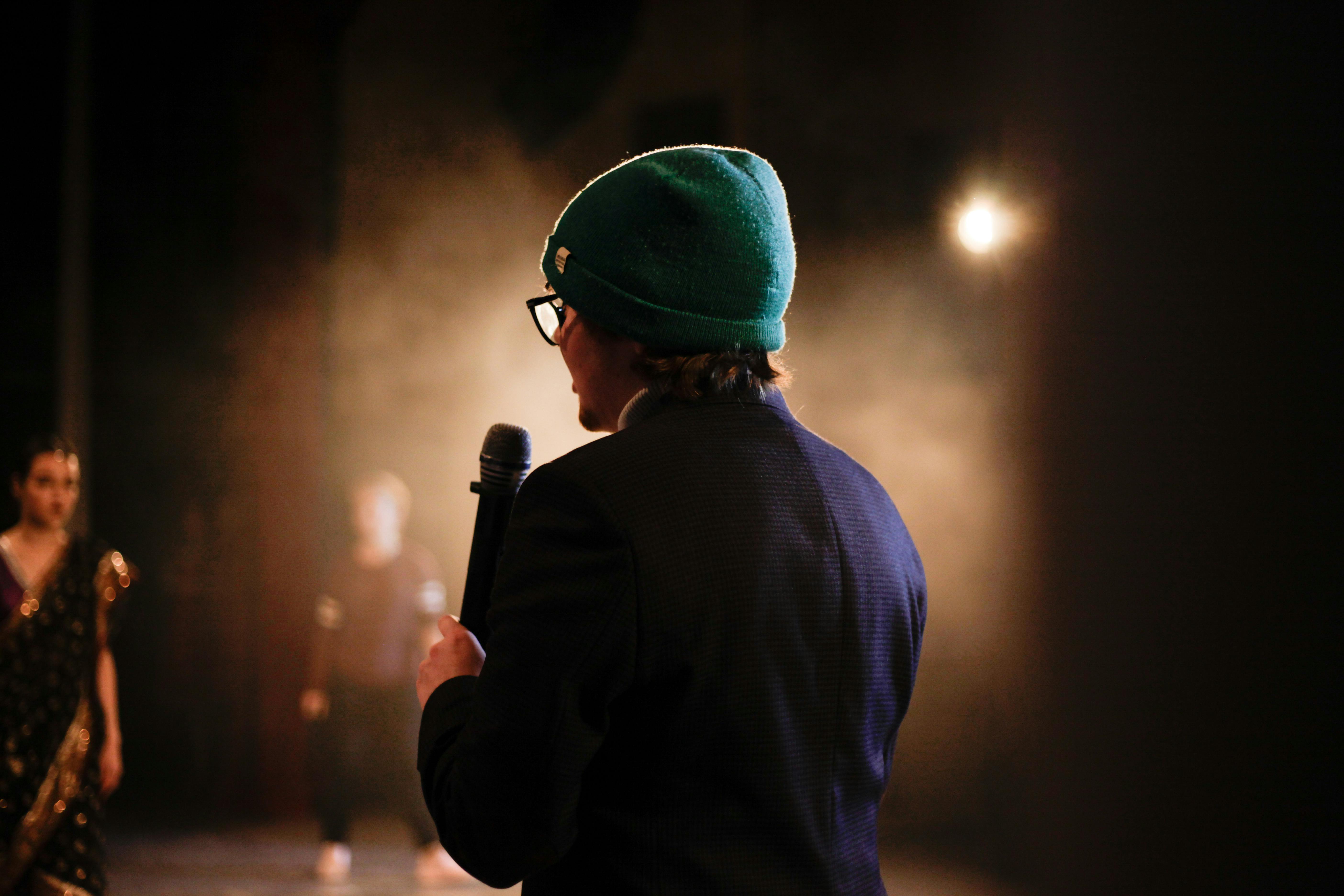Rethinking Comedy: A Contemporary Shift in Stand-Up
From smoky clubs to sold-out arenas, stand-up comedy has undergone significant transformation over the decades. This article delves into the current evolution of stand-up, exploring the forces driving these changes and their impact on the art form. Stand-up comedy, as we know it today, began in the Vaudeville era, where comedians were part of a variety show format. However, by the mid-20th century, comedy transitioned from routine-based performances to more personalized, narrative style. Comedians like Lenny Bruce and Richard Pryor broke the mould with their biting social commentary and raw, confessional style. This shift was a direct reflection of the changing societal norms and a growing appetite for authenticity.

The Digital Influence
The advent of the digital age has significantly influenced the evolution of stand-up comedy. Platforms like YouTube and Netflix have democratized comedy, providing a stage for comedians who may not fit the traditional comedy club circuit. These digital platforms have also allowed for a more diverse range of comedic voices to flourish, reshaping the comedy landscape.
The Impact of Social Issues
Increasingly, comedians are utilizing their stage to discuss social issues. Comedy has always been a mirror to society, but now, more than ever, it has become a platform for comedians to challenge social norms and provoke thought. Comedians like Hannah Gadsby, with her groundbreaking Netflix special “Nanette”, have shown that comedy can be a powerful tool for social critique.
The Reception and Significance
This shift in comedy has been met with both acclaim and criticism. While some applaud the evolution of comedy into a medium for social commentary, others yearn for the escapist humor of the past. Nevertheless, the significant cultural impact of this shift cannot be denied. Comedy, in its current form, not only entertains but also educates, challenges biases, and fosters conversations on critical social issues.
Comedy’s Changing Face
As stand-up comedy continues to evolve, it is clear that the art form is much more than just a source of laughter. It is a reflection of our society, a tool for change, and a platform for diverse voices. The future of comedy is bound to be just as dynamic and influential as its past, continually reshaping to reflect the world it satirizes.
In the ever-changing landscape of the arts and entertainment industry, stand-up comedy remains a vital cultural expression. Its current transformation reflects the societal shifts of our times, showcasing the power of this art form as a tool for social commentary and change. As we continue to navigate this new era of comedy, one thing is certain: stand-up is no laughing matter.



